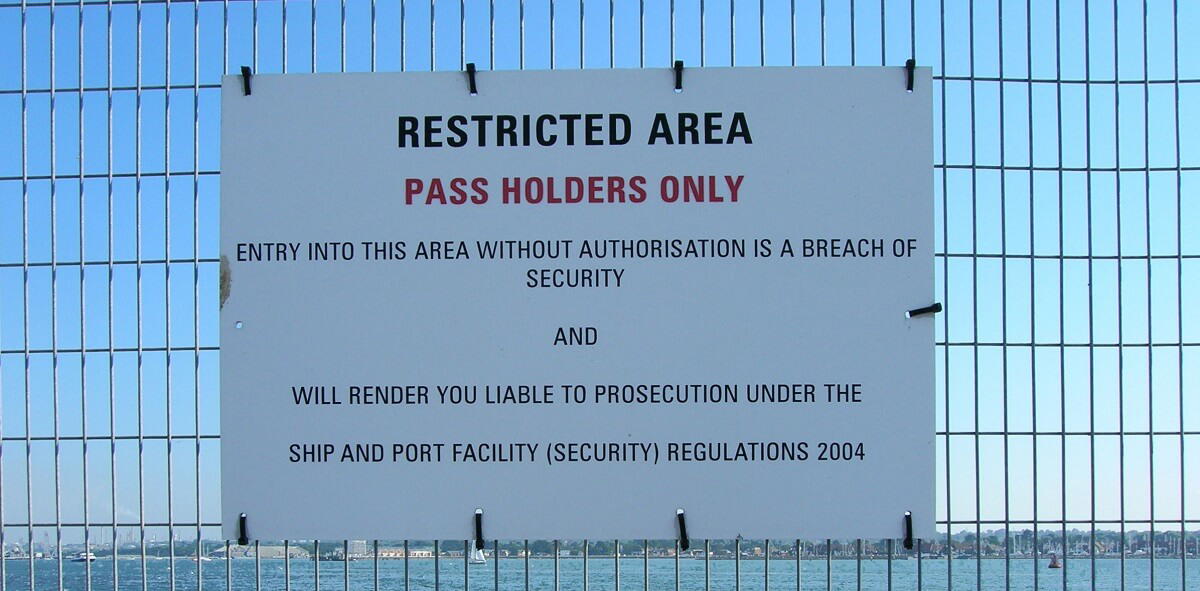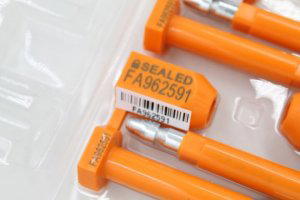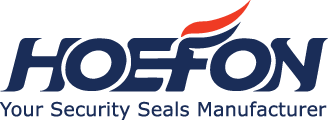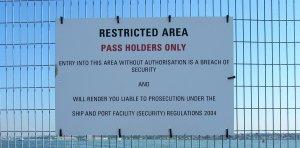ISPS Code’s implication for the usage of security seals
The International Ship and Port Facility Security (ISPS) Code is a comprehensive set of measures to enhance the security of ships and port facilities. ISPS Code is developed by the International Maritime Organization (IMO) in reaction to the 9/11 terroristic attacks as well as the increased risks for harbors and ships.

ISPS Code is enacted into law by among others the United States, the European Union and the United Kingdom. The code has overlap with other safety initiatives like CTPAT. ISPS code describes various security measures like the demand that every ship must have a Company Security Officer (CSO) which works along the Ship Security Officer (SSO).
In this post we will explain ISPS Code’s implications for the usage of security seals on freight. This article isn’t therefore a complete guide for the code’s measures and implications. You can read more complete and extensive information about this topic on IMOs website.
ISPS seals. Do they exist?
The ISPS Code distinguishes 3 levels of safety, defined as Maritime Security (MARSEC) Levels. About seals and tampering is written:

MARSEC Level 1
This is the normal level that the ship or port facility operates at on a daily basis. MARSEC Level 1 requires the checking of seals or other methods used to prevent tampering.
MARSEC Level 2
Level 2 is a heightened level for a time period during a security risk that has become visible to security personnel. Level 2 requires increased frequency and detail in checking of seals or other methods used to prevent tampering.
MARSEC Level 3
Level 3 includes additional security measures for an incident that is forthcoming or has already occurred that must be maintained for a limited time frame. These measures include preventing tampering.
Unlike CTPAT, which describes the use of ISO 17712:2013 certified high security seals, ISPS Code does not describe which type of security seals or methods you should use to prevent tampering. Hence there are no ISPS Code compliant or certified seals. We do however advise to apply high security CTPAT compliant seals for international freight as they are accepted by most customs around the world.
Hoefon Security Seals offers various ISO 17712:2013 certified high security bolt and cable seals. If you have any questions or if you would like to receive more information, please feel free to contact us.

Niels Pas
CEO Hoefon Security Seals
Niels Pas has been Hoefon Security Seals’ CEO since 2017. He has extensive international experience and speaks 4 languages professionally.


